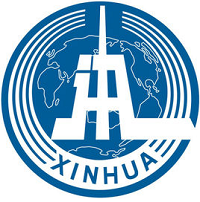On October 24, 21 Asian nations signed a memorandum to form a new Asian Infrastructure Investment Bank, to be drawn on considerable Chinese funds. Behind the scenes, Washington had been trying to discourage South Korea and Australia from accepting a Chinese invitation to be among the founders. The effort was successful.
U.S. opposition to the new bank illuminates a much greater issue: Will the U.S. seek to contain every international initiative by China, or will it only counter aggression but welcome China’s non-coercive engagement in regional and world affairs? Some students of international relations expect that China will buy into the existing international order – the one formed and promoted by the United States – at least until China develops much more. Under this reasoning, the United States should therefore welcome China’s increased contributions to various international bodies, something the U.S. has long been seeking. Others, however, point out that the United States is instead increasingly of the view that China is seeking to form its own world order, which is leading the United States to labor to block such initiatives. One can see these blocking moves when China moves to expand its EEZ, boost its investments in Africa and in Latin America, or set up a new Asian development bank.
These analyses assume that rising powers must either accept the prevailing order as it is, or must set out to form a new order of their own. However, the prevailing world order is not etched in stone; it is continuously modified. There is no a priori reason to assume that rising powers must either buy into the order “as is” or reject it in toto. The world order can be, and most likely will have to be, renegotiated and recast, one hopes in ways that will work for both the new and old powers. An attitude of “my way or the highway” invites conflict; mutually beneficial third ways should be considered.
Read Full Article HERE

